Kayla Witek was pregnant when stabbed 9 times by her attacker, now she wants him deported
Kayla Witek was four months pregnant when her ex-boyfriend tracked her down and stabbed her nine times. Seven years later, her attacker, a Syrian national, is out of jail and still in Australia and flaunting his life on social media.
NSW
Don't miss out on the headlines from NSW. Followed categories will be added to My News.
Kayla Witek lives in fear. Her ex-boyfriend who stabbed her nine times while she was pregnant with their son, is now out of jail. She has changed her whole life, left the state of Victoria and is taunted by social media images of her attacker, a Syrian national, enjoying family BBQ’s at his home in Clayton, Victoria.
As the man was 17 at the time of the attack in 2016, there is a suppression order on his name because he was under 18. Kayla says the now 25-year-old could be on dating apps and there is no way any woman will know of his violent past.
‘He’ll do it again,” she said.
Victorian Detective Carmen Schulte described the attack ‘the worst domestic violence case’ she had seen, but it led to only 18 months in jail after the attempted murder charge was downgraded.
“What he did to Kayla was horrific, she’s never going to get over it,” Det Schulte from Richmond Police said.
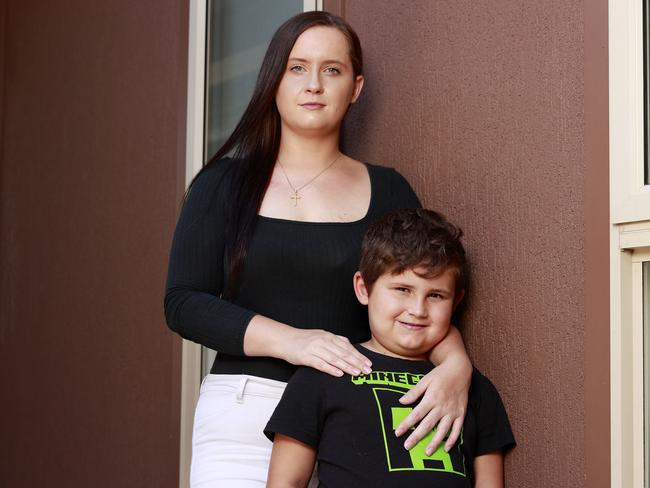
Now out of jail, Kayla is looking over her shoulder.
“He was supposed to be deported but they have let him out, he was in a detention centre, but I have seen a video of him on Facebook with his family having a BBQ,” she said.
“I have fears for me and my son’s safety, we have had to move interstate, and it scares me.”
Kayla met the then teen we will call Abdul in Sydney when they were both 17. He was charming and loving initially and she moved to Melbourne to be with him and his family who were all Syrian refugees. The controlling abuse started immediately.
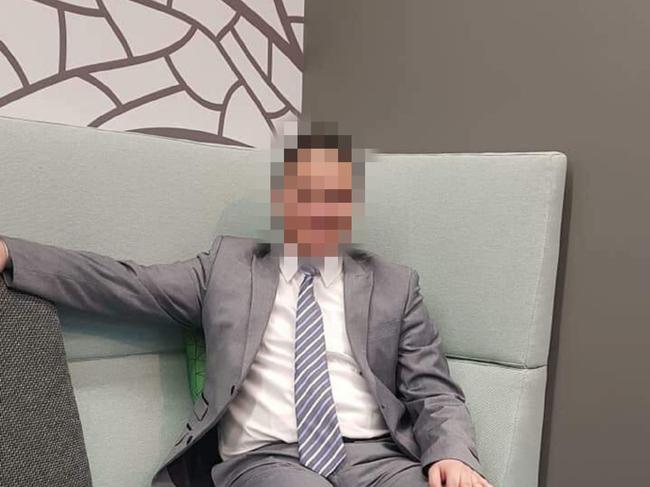
“He stopped my SIM card, he took my phone away, he took everything that I owned. I couldn’t have anything with me.
“The whole family came from Syria to Australia by boat, the whole family was holding me hostage before he stabbed me. His mum and dad tried to make him marry him and tried to convert me. They had control of my whole entire life,” she said.
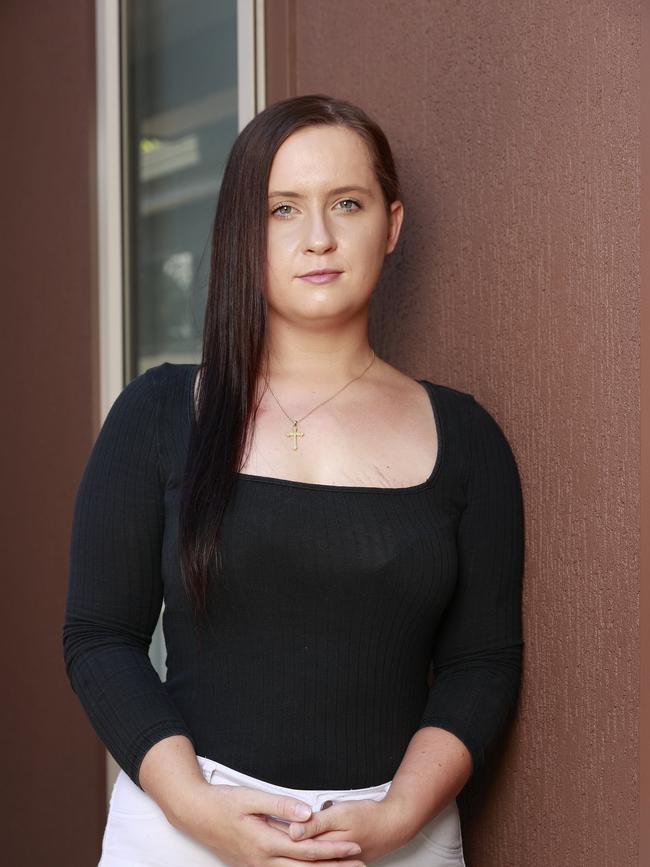
“I got pregnant because he was holding me hostage for five or six months and during that time I ended up pregnant. He was violent and bashing me and choking me and forcing me to have sex with him,“ she said.
In March 2016 she escaped, got an intervention order and fled back to her parent’s home in Glenrow, Melbourne.
“I had an intervention order in place and he was breaching it, I called them (police) the day before he stabbed me
“He stalked me, followed me in the street, found my parents address, broke into the house and stabbed me in the back, I fell down the stairs and he kept stabbing me,” she said.
Kayla was four months pregnant at the time. She suffered a punctured lung, a broken rib, a broken spine and nine stab wounds.
“He did stab me on the side of my stomach but it just missed my son. I’m still lucky to have my child with me,” she said.
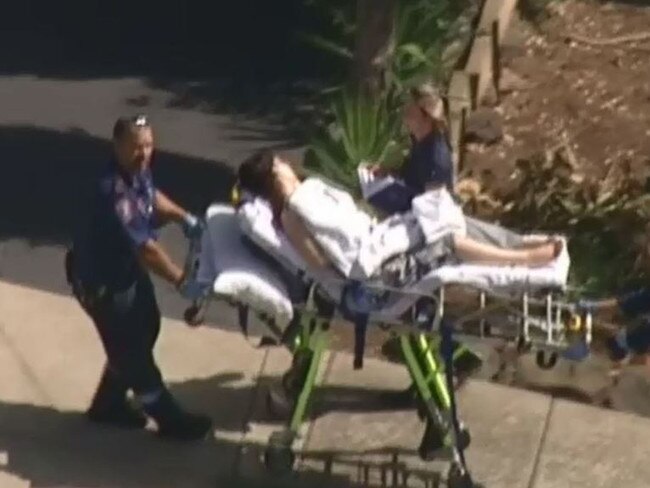
Abdul was originally charged with attempted murder, but the charges were downgraded to intentionally causing serious harm and he was sentenced to just 18 months in jail and when released he was taken into detention in Melbourne.
For her own safety, Kayla and her son Ariel, now six, left Victoria, and her family and fled to New South Wales where she now lives. Only an intervention order protects her. She was told he would be deported, but now, five years after he was released from jail, he is now out and she sees Abdul and his family enjoying family BBQs on social media.
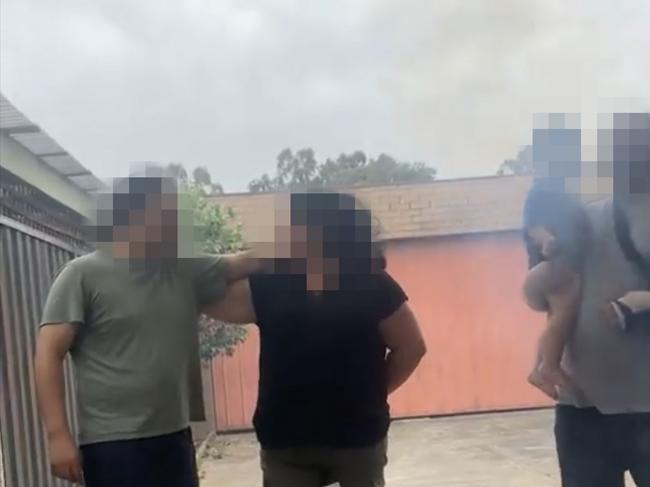
Under section 501 of the Migration act, the Minster can cancel or refuse a visa if a person does not pass the character test.
The most common cause of failure of the character test is having a substantial criminal record which includes “sentenced to a term of imprisonment for 12 months or more,” which this man has.
A spokesperson for the Department of Home Affairs said they did not comment on individual cases but “in accordance with our international human rights law obligations, Australia does not remove non-citizens to their country of origin where it would be inconsistent with Australia’s protection obligations, including that of non-refoulement.”
Women forced to return to danger
Thousands of women are returning to violent partners because they have nowhere else to go.
Modelling commissioned by NCOSS highlights that, in 2021, an estimated 2402 women across NSW returned to live with a violent partner because of lack of an affordable alternative and a further 2410 became homeless because they couldn’t find a safe home after leaving violence.
The research has led to frontline family violence support organisations urging the state government and opposition to commit to building much-needed social housing for women fleeing family violence situations. The calls come in the lead- up to the March election, and as more than 50,000 people languish on the social housing waiting list.
The NCOSS research has been released as the government pledged to treat domestic violence victims as first home buyers – even if they have already owned property with an ex-partner – if Dominic Perrottet is re-elected.
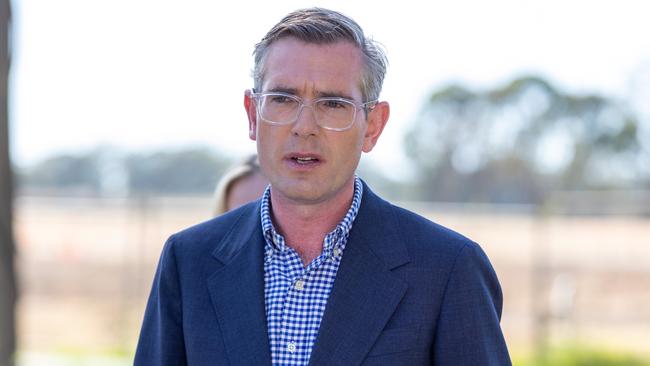
Victims could also access interest-free loans for a bond to secure a rental property without having to meet eligibility criteria.
Nepean-Blue Mountains Women’s Domestic Violence Court Advocacy Service is on the frontline of the family violence crisis and says more needs to be done to put a safe roof over the heads of women and children at risk of violence.
“We are seeing too many women, often with children, trying to escape violent relationships but with nowhere permanent to go,” manager Kessel Ryes-Corral said.
“We provide them with a temporary safe haven and help them to overcome the trauma they have experienced. But ultimately, they and their children need a permanent home and the opportunity to get their lives back on track.
“It is a state tragedy that we cannot provide safe, secure and long-term homes for these women in desperate need.
“However, it doesn’t have to be that way, our political leaders can fix this situation.”




